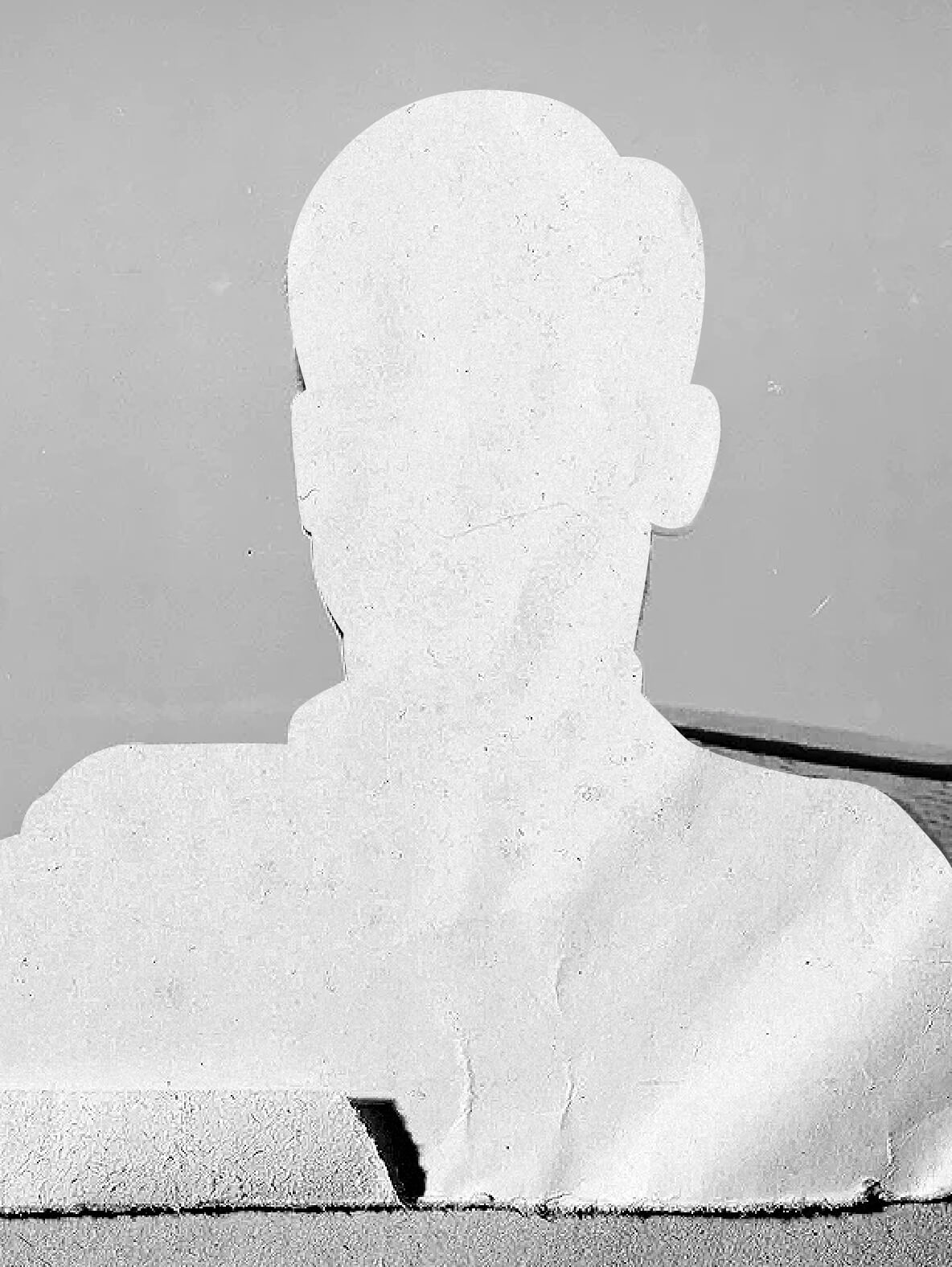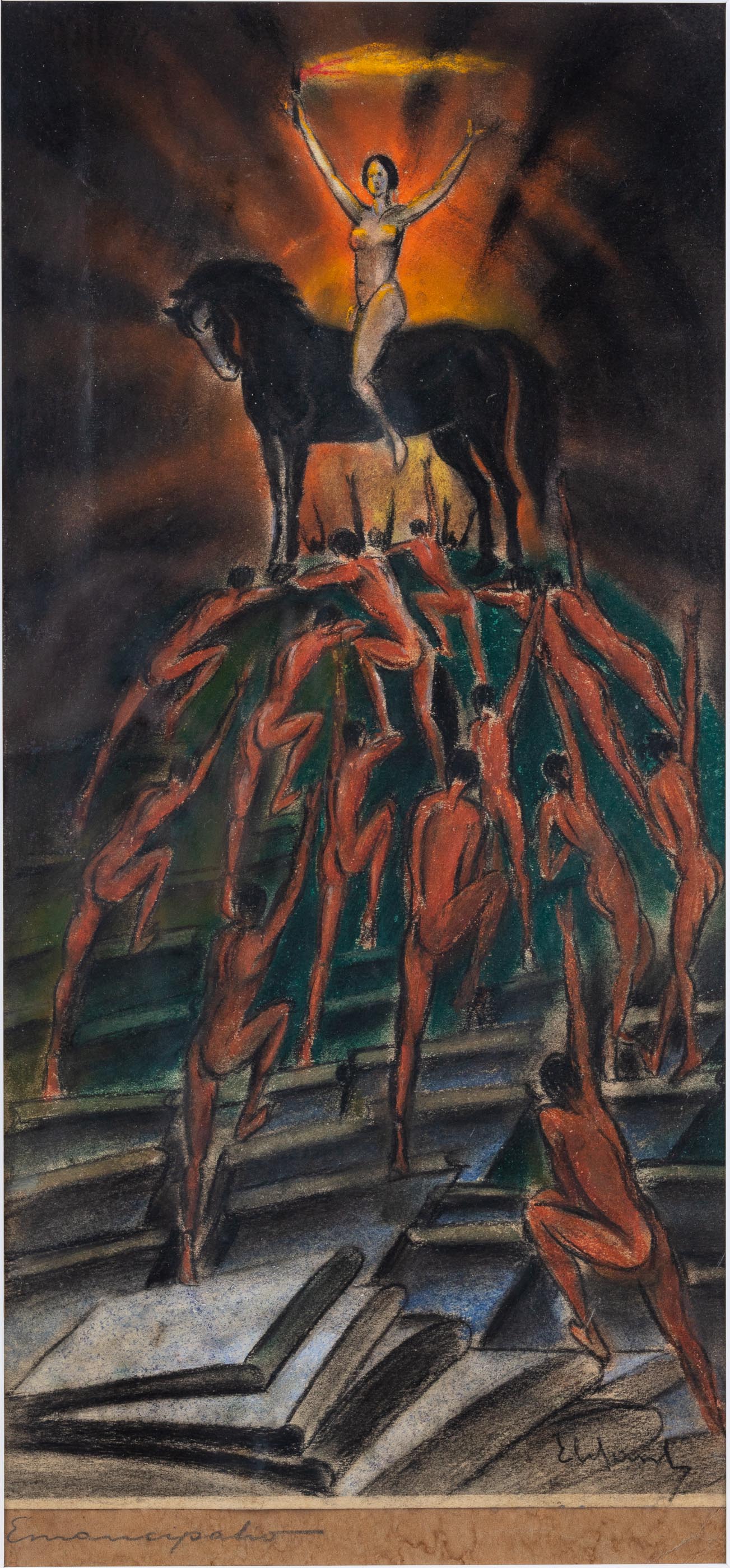Elefánt Jenő

Oradea, 1899 - Mauthausen, 1945
The Life
He was born under the star of David, making him a target for the Nazis. He met his death incarcerated.
The Art
He was part of the group of expressionist painters from Oradea and a founding member of the Association of Artists in Oradea.
Founder and expressionist
Elefánt Jenő was born in 1899 in a Jewish family in Oradea, the city he returns to after completing his studies in painting at the School of Fine Arts in Budapest (between 1918 and 1919).
Back in his hometown, together with Leon Alex and Ernő Grünbaum, he founded the Artists Association of Oradea. In all the following exhibitions of the association, he will participate with works, being part of the group of expressionists from Oradea.
Segregation, deportation, death
The year 1944 found him in the Oradea ghetto after segregation laws marked Jewish people as being racially undesirable. Soon after, he was deported to Auschwitz and Mauthausen where he died. Unfortunately, not only his life was lost, but also the majority of his works.
Jenő’s symbolic painting
One of his works that survived the war and that is part of our collection, “Emancipatio”, is a strange but symbolic work that represents the artist's approach to utopian thinking in European cultural circles during the First World War. To see a woman victoriously atop a mountain of books (i.e knowledge) is something of an outlier in the art of his times, a possible differentiator pointing to his belief in the potential of the often ignored female gender.

